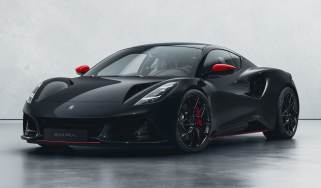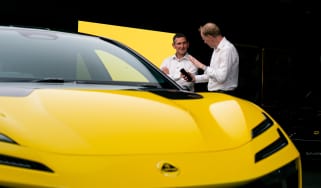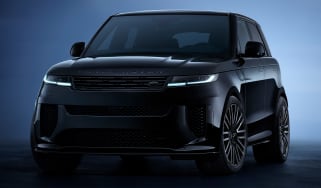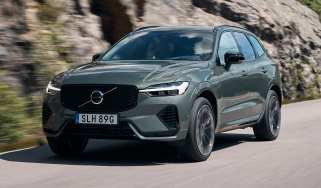Lotus backtracks on electric-only plan in favour of new ‘Hyper Hybrid’ tech
New plug-in hybrid powertrain on the way, with “EV-centric” driving experience and over 100 miles of zero-emissions range
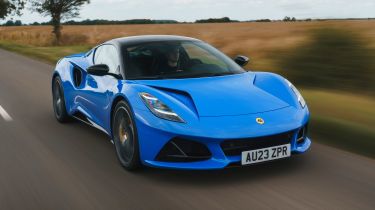
The new boss of Lotus in Europe has revealed precious extra detail on the brand’s upcoming ‘Hyper Hybrid’ technology – telling Auto Express it’ll provide an “EV-centric driving experience” and more than 100 miles of zero-emissions range.
Lotus recently became the latest brand to backtrack on its intention to go electric-only, announcing plans to introduce a new plug-in ‘Hyper Hybrid’ powertrain in response to changing market demands.
Dan Balmer, who has previously done stints at BMW, Rolls-Royce and Aston Martin, was announced this week as the replacement for Mike Johnstone as Lotus’s new European CEO. In an exclusive interview, Balmer told Auto Express the Hyper Hybrid system will complement the firm’s electric cars, offering an “EV-centric driving experience” but with the security of a petrol engine for longer journeys.
“It’s a battery-electric architecture,” he told us. “That’s the important thing for us – that we deliver that electric-vehicle driving experience.”
This suggests Lotus will favour a range-extender-style powertrain, whereby the engine feeds the battery rather than directly driving the wheels. “That’s the kind of concept we have, but beyond that we’ll have to wait and see,” Balmer told us. He also suggested the cars would offer more than 100 miles of electric range.
Unfortunately, Lotus has not yet revealed any specific technical details, such as the size of the battery or what engine the car might use. But given this electric-first approach, we asked Balmer if that meant that a lighter-weight, four-cylinder engine would make more sense in this scenario, to which he replied it “could well do”.
According to Lotus: “The Hyper Hybrid technology enables high performance, high efficiency and a flexible longer driving distance of over 1,100 kilometres [683 miles].” The company added that the powertrain will deliver ultra-fast plug-in and on-the-move charging, both at “industry leading” speeds, thanks to a 900V electrical architecture.
It’s unclear when the company will start offering the new layout, or on which models in its current line-up it will be made available. However, given the flexibility of the Electric Premium Architecture (EPA), the hybrid set-up could potentially be shoehorned into the pure-electric Eletre SUV and Emeya four-door GT to broaden their appeal among luxury car buyers.
Next year Lotus is set to unveil a mid-size SUV to target the Porsche Macan, which is seen as crucial to the growth of the brand. It was set to be pure-electric as well, but with demand for EVs slowing, it’s more than likely this model will be offered with the new hybrid tech, too.
Lotus announced it had delivered more than 7,600 vehicles in the first nine months of 2024, which is a 136 per cent increase year-on-year, while total revenue doubled to £516 million. However, the company also reported a net loss of £527 million in the first nine months of the year – a 27 per cent increase on the same period in 2023.
And it isn’t the only car manufacturer to put on hold plans to go EV only. Bentley recently announced it will now ditch combustion engines by 2035, not 2030 as previously suggested, and will launch new plug-in hybrid models throughout the next few years.
Meanwhile Volvo, which is also owned by Geely (Lotus’s parent company), has said it’s now aiming for “90 to 100 per cent” of its global sales to be electrified by the end of the decade, which will include a mix of plug-in hybrid and fully electric cars.
Want the latest car news in your inbox? Sign up to the free Auto Express email newsletter...
Find a car with the experts




